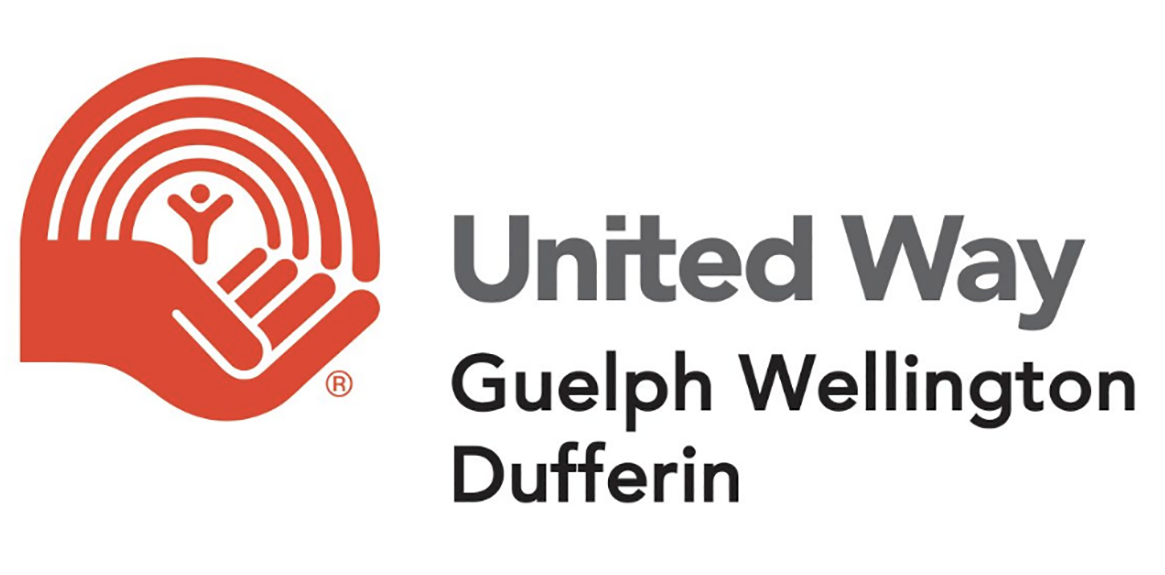GUELPH – It’s not unusual for demand to be higher than funds available through the local United Way, but this year has been particularly challenging.
“Many individuals are struggling to meet their basic needs, which is resulting in them needing to reach out to community services for assistance,” stated United Way Guelph Wellington Dufferin executive director Glenna Banda in an email.
“At the same time because of this, many have been reducing their charitable giving.”
On April 16, the organization announced it had invested $1.5 million in 51 programs across Guelph and Wellington and Dufferin counties. But funding requests were much higher – more than twice what was available to distribute.
That “meant some difficult decisions and ultimately a number of programs going without funding,” Banda stated in a news release.
She didn’t say what programs missed out this year, but noted there is an open application process every few years resulting in some turnover of who gets funded.
“This is done so that we can be adaptable to emerging needs in the community,” Banda said.
“So, for example, this allowed us to fund the Sanguen Health Van, which was at risk of closing.”
The van – along with Art Not Shame, Ball 4 All, the Arab Women’s Society of Guelph, and the Orangeville Food Bank – was among the new programs supported through this round of funding.
Sanguen Health Centre community program director Lindsay Sprague expressed appreciation for the funding.
“With this generous support we can continue to offer nursing care, social support, peer support and harm reduction support to individuals within the city of Guelph and throughout the county at a time when so many community members are in need,” Sprague stated in the release.
Banda said the United Way looks for the biggest bang for its buck when deciding what to fund.
“We have an overarching community impact strategy that prioritizes areas that we fund based on community data,” she explained.
“Then we engage with those who are closest to those issues, including individuals with lived experience, to help us review funding applications and decide how to allocate the funds within those areas.”
Funds are invested based on identified community needs through five funding streams – From Poverty to Possibility; Healthy People, Thriving Communities; All That Kids Can Be; Rural Communities; and Equity, Diversity and Inclusion – to support collective approaches to solving a number of critical and complex issues. Grants are issued for two-year terms.
Demand exceeding need isn’t unique to United Way, said Banda, referencing a 2024 “Giving Report” from CanadaHelps.
The number of Canadians charitably donating has declined again for the 11th year running, Banda said, adding people are increasingly disconnected and thus less likely to give money or time.
“As well, more than half of charities are unable to meet current levels of demand,” she said.
“We are seeing this at United Way. Hybrid work and more isolation over the past several years is impacting giving.”
Though the organization runs an annual fundraising campaign, with workplace donations making up a significant portion of the contributions, it also accepts donations year-round.
They can be made online at unitedwayguelph.com or by calling 519-821-0571.
United Way is “critical” to ensuring programs and services continue operating, Banda stated in the release.
“Community donations fuel this work and we are grateful to those who believe in our vision of a shared responsibility for social good.”




